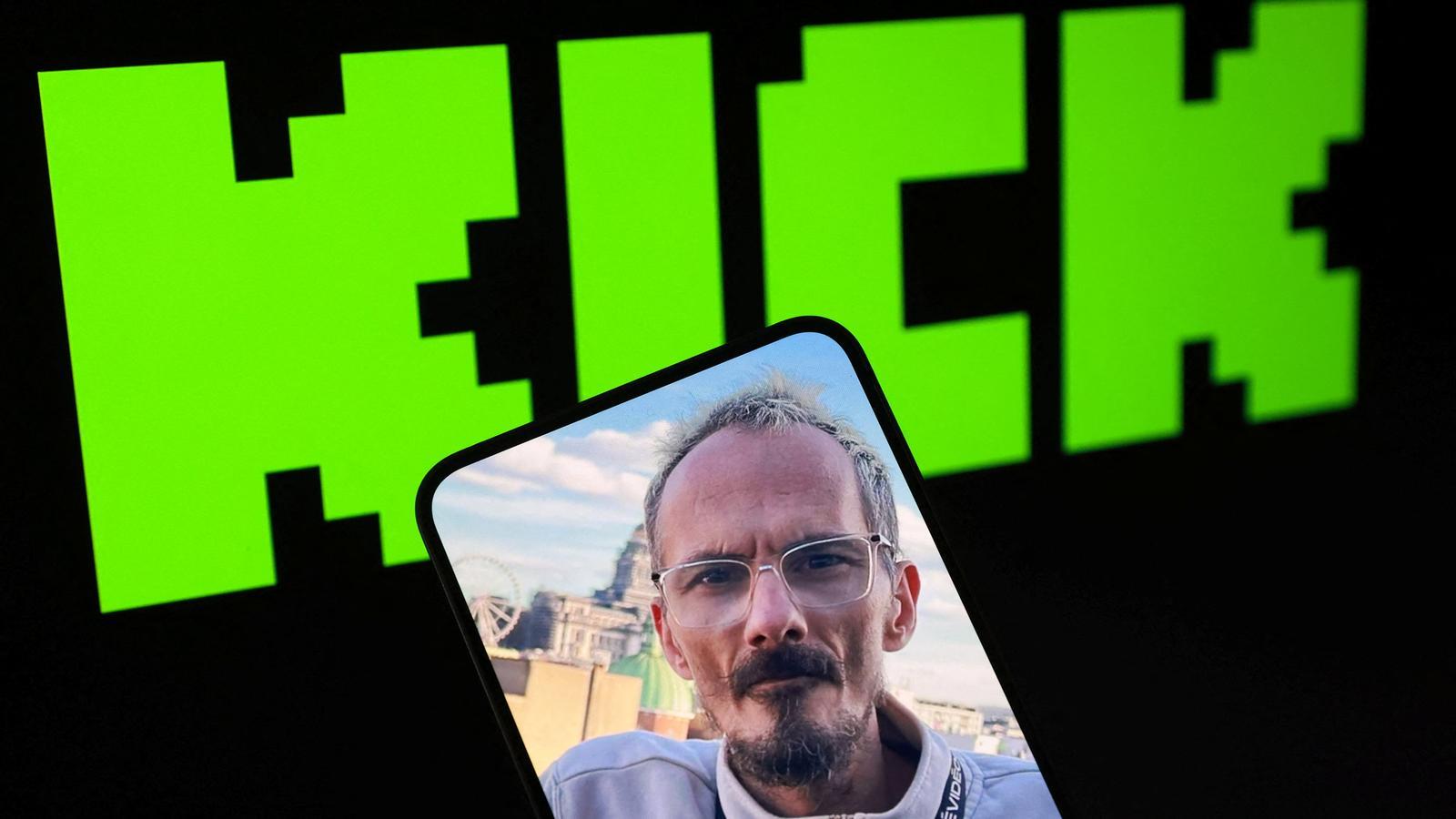

Death The recent video by Jean Pormanove, a French strummer known for broadcasting marathons of humiliation and abuse on the Kick platform, has been shaking Europe for days. In this case, we have been able to see how suffering, broadcast by the thirst for likes, ceases to be a human experience and becomes a commodity. The images, broadcast live in front of thousands of viewers, confront us with uncomfortable questions about regulation and civilization. Is life turned into a spectacle, in the purest style of gladiators in combat, the kind of digital society we want? Let's ask ourselves carefully and in all directions.
The need to be seen is inherent to the human condition, which is why the longing for social validation is the perfect hook to take to the digital stage. Now, who would broadcast insults for 12 days if no one was watching on the other side? Furthermore, the thousands of people following it weren't simply passive spectators. Most watched, others commented, and a significant proportion paid to propose challenges. Their active participation made them complicit in the ignominy, even if they internally shield themselves behind the "I was just watching" mentality. Social psychology has already shown how collective responsibility is diluted among the masses, and on digital platforms this depersonalization is accentuated: if there are a million people online, the perception of the harm I cause by watching them seems less. And for the broadcaster, such a large number of followers is seen as a reward. This calculation of compensation merely presents humiliation as legitimate entertainment. However, it is not clear whether accepting challenges under economic and collective pressure is a free act or a (self-)exploitation of vulnerability.
This has happened on a platform created precisely to host hate speech, a succulent amphitheater of the let it beKick was founded by a 29-year-old in 2022 with two promises: minimal moderation and generous income for streamers. This has made it a haven for creators banned from Twitch and YouTube. A large part of the capital comes from a crypto casino that is banned in Europe. Despite multiple internal complaints from users, the platform allowed violent content to continue. Here the law is clear: both Spanish and European regulations (Digital Services Act) establish that companies must remove videos with humiliation when they have actual knowledge. In France, the Paris Prosecutor's Office has opened an investigation to determine whether Kick failed to comply with the obligation to report serious risks to life and safety, with penalties of up to 10 years in prison and fines of 1 million euros. Australia is also investigating Kick, and the fine could reach $49 million. The platform has mademore cleaningTwo weeks or three years of existence.
It's a profound dissonance that human dignity depends on a capricious and elusive company policy. How violent must an insult be to stop broadcasting? How much humiliating content does it take to shut down a channel? These types of platforms play at finding the sweet spot between maximum profit and minimum impact. Until some scandal comes along and puts the irregularities in the spotlight, under the shadow of sanctions. Where platforms choose not to look, public debate is essential.
In fact, this content has always been on the internet; the difference is that before, it was on what is known as the dark web, and now it floats on conventional platforms. It is no longer something marginal and restricted, but rather shifts the boundaries of what is socially acceptable. The line between fun and self-harm can blur, especially in the most tender stages of personality formation.
The challenge is to move toward digital social innovation that places dignity and collective responsibility at the center. This requires demanding that platforms have moderation policies based more on human rights than on economic results. We must also foster a critical and respectful digital culture, but above all, we must redesign incentives. Instead of rewarding humiliation, the real disruption would be to define how we reward empathy. Only in this way can we avoid a digital future in which lives are put in danger to entertain anonymous and dehumanized masses. Let's not forget that while the gladiators are fighting in the arena, the owner of the amphitheater pretends he hasn't noticed there's a performance today.
